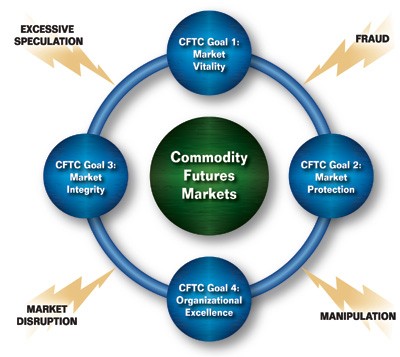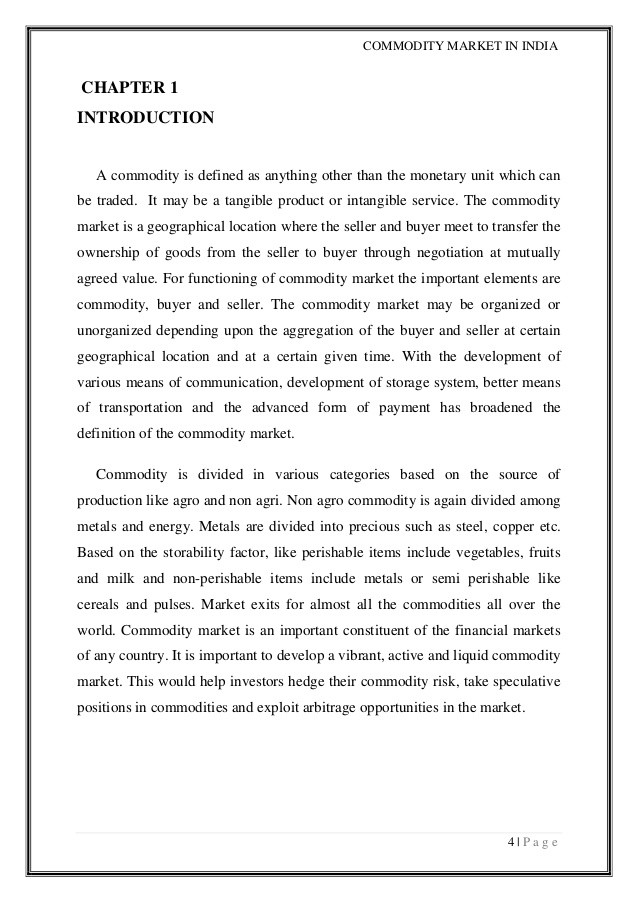Commodities Market Trading Introduction
Post on: 8 Апрель, 2015 No Comment

Whether you are new to commodities trading, learning about the commodities market or simply curious, the following offers a brief overview of commodities market trading and how it works.
Commodities Futures Contracts
The use of “futures contracts” for US commodities market trading dates back to the mid 1800’s and has changed very little in the past 160 years.
A commodities “futures contract” is simply a standardized, transferable contract that obligates the buyer to buy and the seller to sell a fixed amount of a certain commodity for a set price at a future date (referred to as the “delivery” date).
Commodity futures cover the sale of commodities and are traded on the exchange in the commodities market, therefore they are subject to commodity exchange rules and Federal Commodity Trading Regulations.
Commodities Exchange
Exchanges themselves cannot buy or sell in the commodities market and do not set commodities’ prices however; one can only trade commodities on the commodities exchange if they are a commodities exchange member.
Average investors must use a broker or brokerage firm to do commodities market trading.
Commodities Market and the Law of Supply & Demand
It is the law of supply and demand along with human behavior that usually determines commodity market prices.
The following is a simplified view of how the market value of commodities and in turn commodity market prices, are generally dictated by consumer demand.
If the available supply of a commodity is low (shortage) then consumer demand, and subsequently pricing, will generally increase. Higher prices produce higher profits for producers, which in turn incites greater production to meet growing consumer demand.
Eventually, over production leads to a high commodity supply (surplus) causing consumer demand and pricing to fall until the excess is cleared off the commodities market. With falling profits, production slows and so the cycle continues.
Because of this, producers of agricultural commodities tend to produce for whatever market has the greatest demand; after all, that is where the profits are.

What Else Affects Commodities Market Prices
Other factors such as short term changes in supply and demand due to weather plus carrying costs, the economy and seasonal changes (among others) can also affect commodities market pricing.
It stands to reason then, that futures contracts in commodities market trading can act as a hedge against adverse price changes in particular commodity markets.
Contact Us About Forecasting & Commodities Market Trading
Gann Global Financial commodity market forecasting service targets most agricultural products and raw materials in the US commodity markets including commodity indices, soybeans, corn, wheat, coffee, sugar and cotton as well as crude oil and the energy markets.
Gann Global commodities market forecasting services studies all the factors that affect commodities pricing including:
- Supply and demand,
- The commodities markets themselves
- The relationships between commodities markets
- And the complete price history of the US commodities markets














